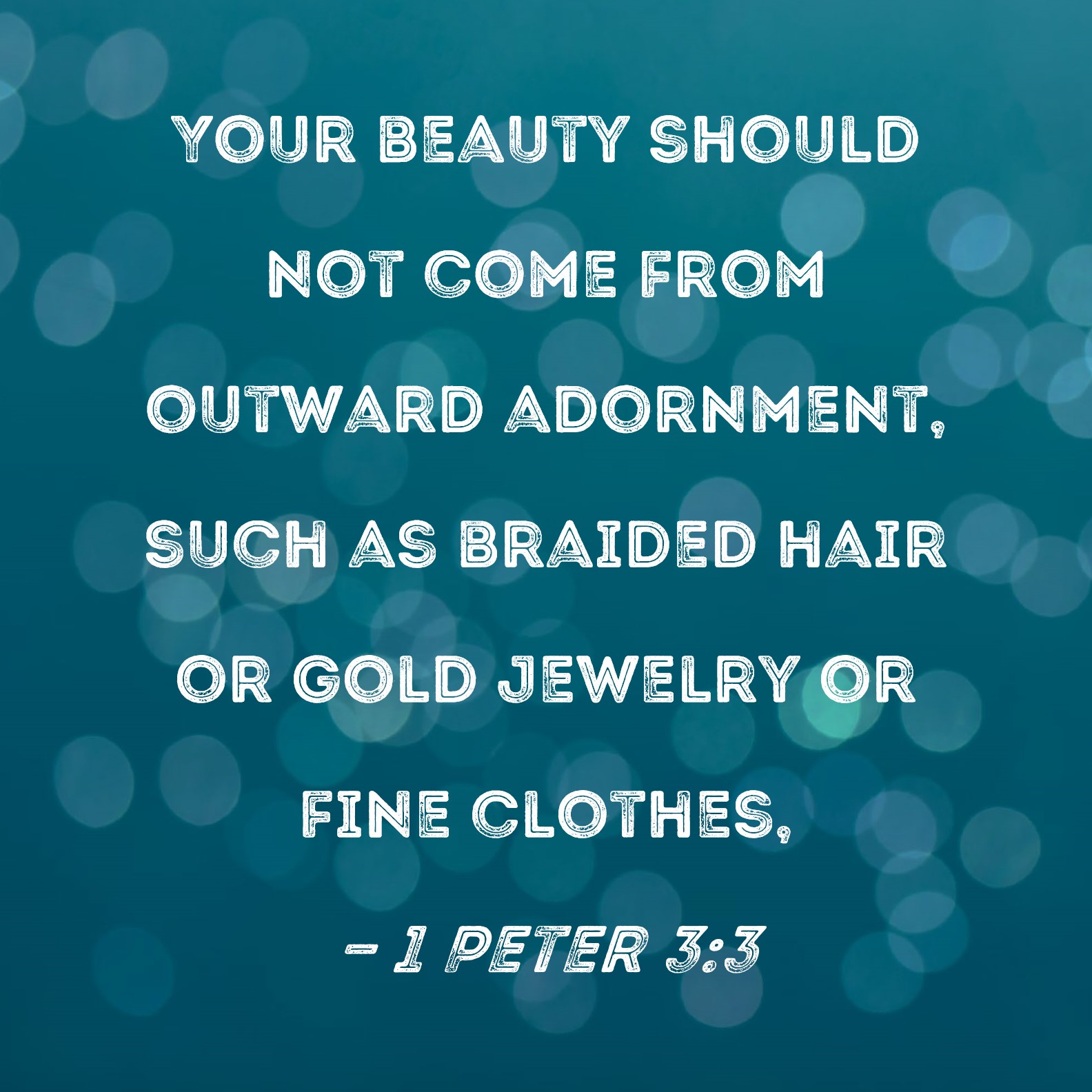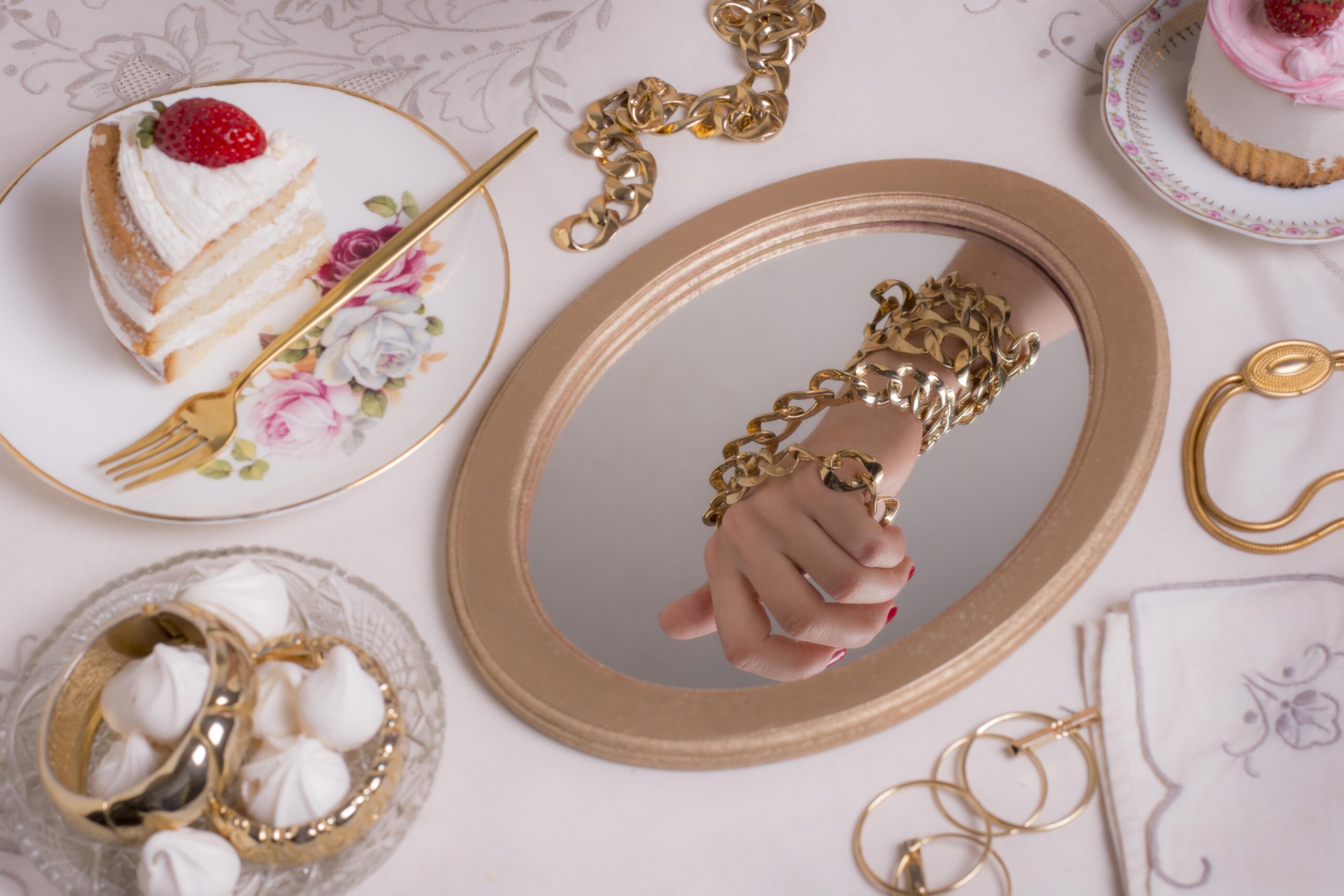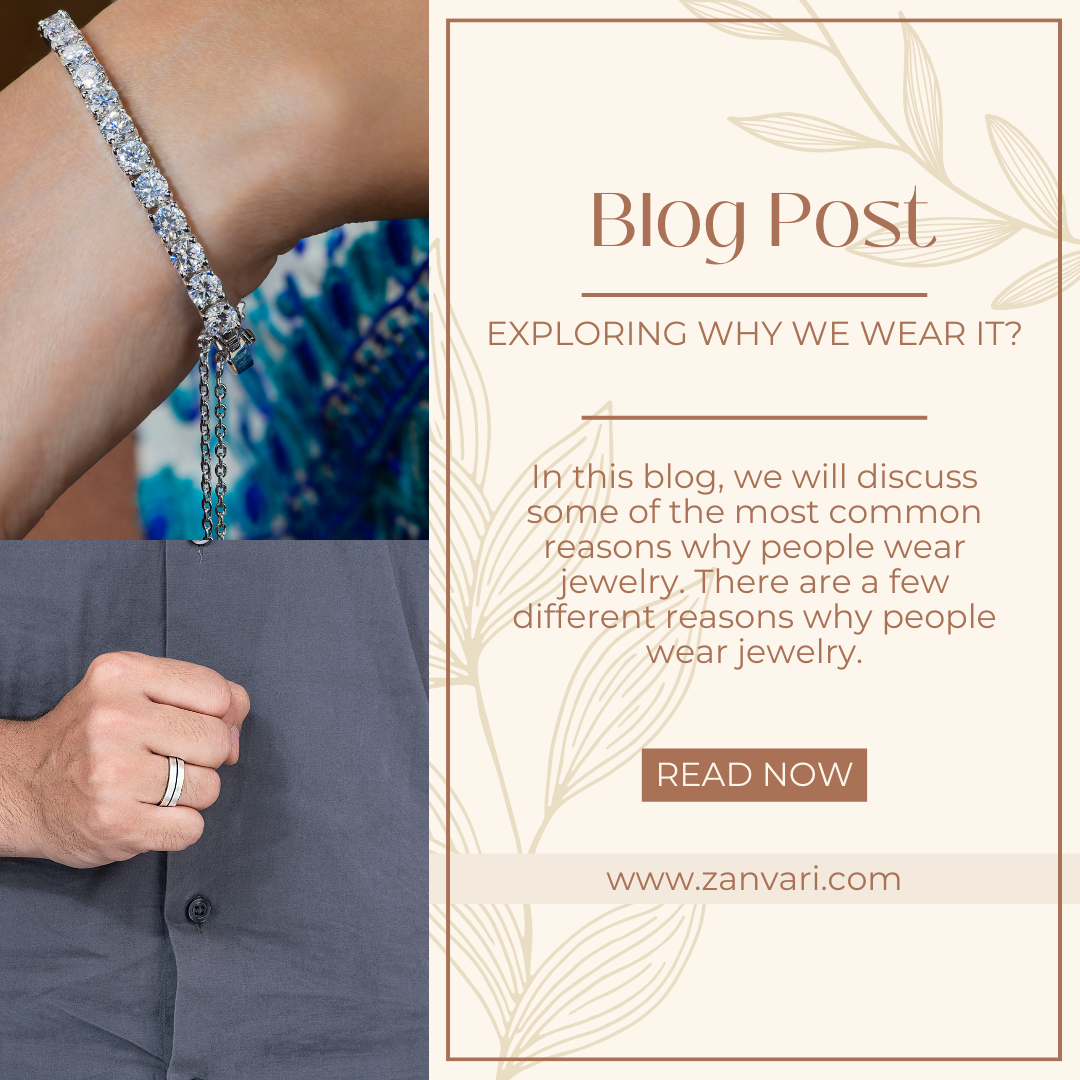The Absence Of Adornment: Exploring The Reasons Behind Not Wearing Jewelry
The Absence of Adornment: Exploring the Reasons Behind Not Wearing Jewelry
Related Articles: The Absence of Adornment: Exploring the Reasons Behind Not Wearing Jewelry
Introduction
In this auspicious occasion, we are delighted to delve into the intriguing topic related to The Absence of Adornment: Exploring the Reasons Behind Not Wearing Jewelry. Let’s weave interesting information and offer fresh perspectives to the readers.
Table of Content
The Absence of Adornment: Exploring the Reasons Behind Not Wearing Jewelry

Jewelry, a ubiquitous element of human adornment, holds significance across cultures and time periods. While its presence is often perceived as a symbol of style, status, and personal expression, a significant portion of the population chooses to abstain from wearing it. This article explores the diverse reasons behind this choice, examining the motivations, cultural contexts, and personal experiences that inform the decision to forgo jewelry.
A Multifaceted Decision: Unpacking the Reasons
The decision to not wear jewelry is not monolithic. It stems from a confluence of factors, ranging from practical considerations to deeply held personal beliefs.
1. Practical Concerns:
- Allergies and Sensitivities: Metal allergies, a common occurrence, can trigger discomfort, irritation, and even skin reactions. Individuals with sensitivities to metals like nickel, gold, or silver often opt out of wearing jewelry to avoid these unpleasant consequences.
- Occupational Hazards: Certain professions, such as healthcare, food service, and manufacturing, necessitate the avoidance of jewelry due to safety concerns. Loose jewelry can pose a risk of entanglement, contamination, or injury, prompting individuals in these fields to prioritize safety over adornment.
- Minimalism and Simplicity: A growing trend in contemporary society, minimalism emphasizes simplicity and functionality. Adherents to this philosophy often view jewelry as unnecessary embellishment and choose to prioritize practicality and clean aesthetics.
- Cost and Maintenance: The cost of purchasing, maintaining, and insuring jewelry can be significant. Individuals who prioritize financial prudence or prefer to allocate resources elsewhere may choose to forgo jewelry as a means of managing their finances effectively.
2. Personal Beliefs and Values:
- Spiritual or Religious Convictions: Certain religious practices, such as those in some branches of Christianity and Islam, discourage or prohibit the wearing of jewelry. These prohibitions stem from a belief in humility, simplicity, or the avoidance of distractions from spiritual pursuits.
- Environmental Concerns: The mining and manufacturing processes involved in jewelry production can have significant environmental impacts. Individuals with strong environmental convictions may choose to avoid jewelry as a means of reducing their ecological footprint.
- Anti-Materialism: Some individuals hold a strong belief in the value of experiences over material possessions. Jewelry, often perceived as a symbol of wealth and status, can be viewed as a distraction from pursuing meaningful experiences and fostering genuine connections.
- Personal Style and Expression: Individuals who prioritize a minimalist or androgynous aesthetic may choose to avoid jewelry to maintain a sense of uniformity and simplicity in their appearance.
3. Cultural and Historical Contexts:
- Historical Significance: In some cultures, jewelry has historically been associated with specific social classes or genders. Individuals who reject these societal norms may choose to avoid jewelry as a form of rebellion or a statement of personal autonomy.
- Cultural Influences: Certain cultures place a greater emphasis on modesty and simplicity, discouraging the ostentatious display of wealth or adornment. Individuals raised in these cultures may choose to avoid jewelry to adhere to these cultural norms.
4. Personal Experiences and Preferences:
- Discomfort and Dislike: Some individuals simply find jewelry uncomfortable or aesthetically unappealing. The sensation of metal against their skin, the weight of earrings, or the visual clutter of necklaces can be off-putting, leading them to avoid wearing jewelry altogether.
- Focus on Inner Beauty: Individuals who prioritize inner beauty over external appearances may choose to forgo jewelry as a means of emphasizing their personal qualities and character over superficial adornment.
Beyond the Physical: The Importance of Choice
The decision to not wear jewelry transcends mere aesthetics. It often reflects a deeper understanding of self, values, and priorities. It represents a conscious choice to prioritize practicality, simplicity, or personal beliefs over societal expectations. By understanding the diverse motivations behind this choice, we gain a broader perspective on the multifaceted nature of human expression and the ways in which individuals choose to present themselves to the world.
FAQs: Addressing Common Questions
Q: Does not wearing jewelry mean someone is not fashionable?
A: Fashion is a personal expression, and there is no single definition of what constitutes "fashionable." While jewelry can be a component of many styles, its absence does not preclude an individual from expressing their unique sense of style.
Q: Is there a stigma associated with not wearing jewelry?
A: While jewelry is often perceived as a social norm, there is no inherent stigma associated with not wearing it. However, societal expectations can sometimes lead to assumptions or judgments, which individuals who choose to forgo jewelry may encounter.
Q: Can someone still be considered feminine or masculine without wearing jewelry?
A: Gender expression is a complex and personal matter. While jewelry can be used to convey certain gendered ideals, its absence does not diminish an individual’s sense of femininity or masculinity.
Tips for Navigating the Jewelry-Free Life
- Embrace Your Individuality: Celebrate your unique style and embrace your choice to forgo jewelry.
- Communicate Your Preferences: If you encounter inquiries about your choice, be open and honest about your reasons.
- Focus on Other Forms of Expression: Explore other ways to express yourself, such as through clothing, hairstyles, or personal accessories.
- Respect Others’ Choices: Acknowledge that everyone has their own reasons for wearing or not wearing jewelry.
Conclusion: A Celebration of Choice
Ultimately, the decision to wear or not wear jewelry is a personal one. It reflects individual values, beliefs, and preferences. By understanding the diverse motivations behind this choice, we can move beyond superficial judgments and appreciate the richness and complexity of human expression. The absence of adornment does not diminish an individual’s style, personality, or worth. It simply represents a different way of presenting oneself to the world, a testament to the power of individual choice and the beauty of diversity.








Closure
Thus, we hope this article has provided valuable insights into The Absence of Adornment: Exploring the Reasons Behind Not Wearing Jewelry. We hope you find this article informative and beneficial. See you in our next article!
You may also like
Recent Posts
- The Enduring Appeal Of XP Jewelry: A Timeless Symbol Of Achievement
- A Global Tapestry Of Adornment: Exploring World Collections Of Jewelry
- The Evolution Of A Brand: Understanding The Name Change Of Lola Rose Jewellery
- Navigating The UK’s Jewelry Wholesale Landscape: A Comprehensive Guide
- The Allure Of Effy Jewelry: Unveiling The Reasons Behind Its Premium Pricing
- The Enduring Appeal Of Gold Jewelry: A Timeless Investment
- The Art Of Harmony: Elevating Your Style Through Accessory Coordination
- The Comprehensive Guide To Wholesale Jewelry Supplies Catalogs: A Treasure Trove For Jewelry Makers And Businesses
Leave a Reply